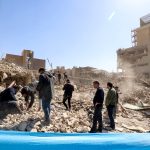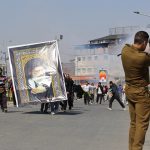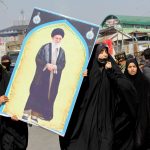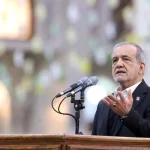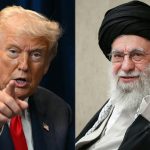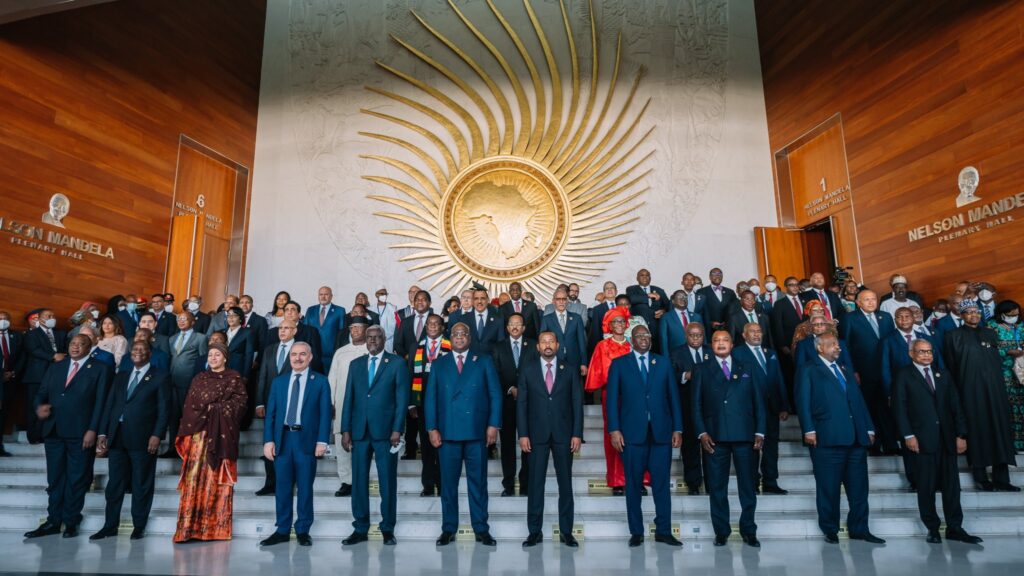
African heads of states have supported a bold set of efforts to strengthen and expand the structures within the continent to manage health emergencies. This includes giving more authority and autonomy to the African centres for Disease Control and Prevention, as well as creating a pandemic preparedness and response authority, an epidemic fund, and a health workforce task team.
“There will be another pandemic for sure,” said Dr. John Nkengasong, director of Africa CDC, during a press briefing Sunday at the AU’s annual summit of African heads of state. “We just better get ourselves organized so that we are not surprised.”
Empowering Africa CDC
In a historic move, the heads of state endorsed a “very ambitious project to transform Africa CDC,” Nkengasong said, which would elevate what is now a specialized technical institution to a public health agency with much more autonomy.
This change is significant, Nkengasong said, because it would give Africa CDC the same authority as agencies like the AU’s New Partnership for Africa’s Development.
With this, the Africa CDC’s director, would become a “Director General” — giving the director more freedom to respond quickly to health emergencies. Currently, Nkengasong must write memos that are forwarded up the level of command through various levels of bureaucracy, causing delays. But with this enhanced authority, the director general can deploy people in response to an outbreak more rapidly.
As a public health agency, the Africa CDC would continue to report to the AU Commission, but now on a quarterly basis — similar to how the World Health Organisation reports to the United Nations. Heads of state are expected to be part of the governance structure of Africa CDC in its new form.
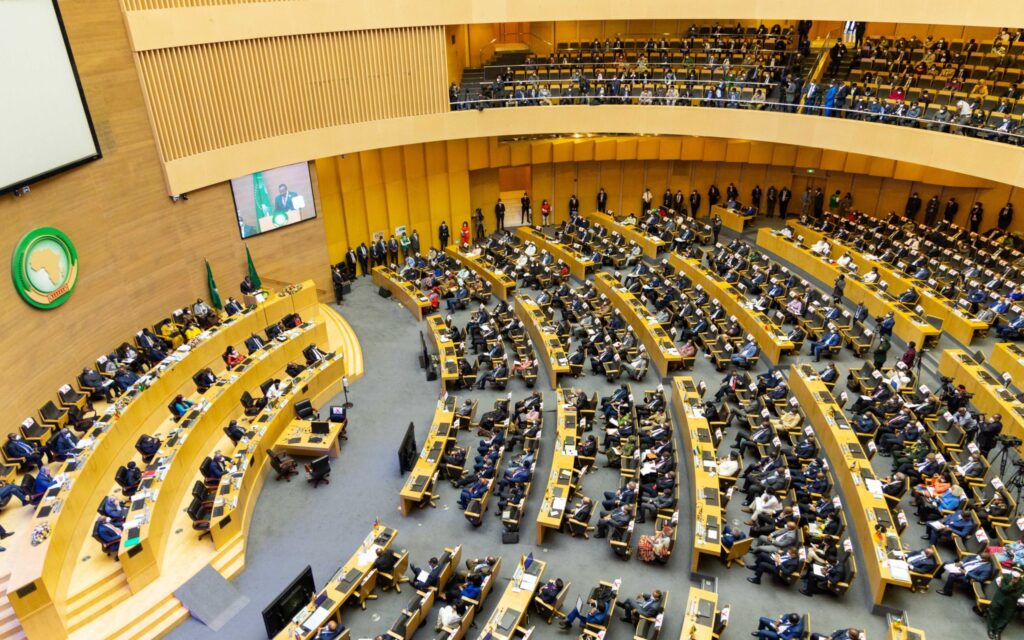
Now that the heads of states have endorsed these changes, the next step is for African Union committees to hash out the details, Nkengsong said.
“The agreement is always at a higher level, then the details are worked out at the more technical level,” Nkengasong said.
The AU is also looking at ways to elevate the reporting mechanisms so that Africa CDC can report information on outbreaks directly to heads of state, giving them “full, timely access to anything that happens within the continent, so that they can provide policy guidance,” Nkengasong said.
New pandemic authority, epidemic fund, and worker task force
South African President Cyril Ramaphosa, who is the AU’s champion on the COVID-19 pandemic response, presented a report to heads of state on the state of COVID-19 response on the continent — a report which the heads of states endorsed. While the session was closed, Nkengasong and Olive Shisana, who is the special advisor to Ramaphosa on social policy, provided an overview to journalists of what he said to African leaders.
Ramaphosa and the AU COVID-19 Commission proposed the establishment of an AU Pandemic Preparedness and Response Authority. This would empower the AU Commission and Africa CDC to better coordinate, cooperate, and collaborate efforts across the continent with an authority that is empowered by a treaty that will ensure this authority’s mandate is enforced, Nkengasong said.
While there were high levels of coordination in the continent’s response — such as the creation of the African Vaccine Acquisition Task Team, African Medicines Supply Platform, and the COVID-19 Respond Fund — these efforts were fuelled by the “goodwill of countries,” he said, rather than backed by the strength of an authority. The AU took action “based on the need at that time, but not based on an authority that empowered us to do that,” Nkengasong said.
A pandemic preparedness instrument would “be binding to secure the collaboration of member states upon the declaration of a public health emergency of regional concern, irrespective of the leadership or politics at the time,” Shisana said.
It will “ensure a very predictable and structured mechanism to stop and deploy medical countermeasures, financial resources, the workforce needed and predetermined strategies in the event of a health emergency of regional concern,” she added.
The concept is endorsed but it now needs to be turned into a treaty where more of the details would be fleshed out, Nkengasong said.
Heads of state also supported the establishment of an epidemic fund for the continent, which would be an upgrade to the current COVID-19 Response Fund, which had raised about $200 million to support member states to respond to the pandemic, according to Nkengasong. But while the current fund is restricted to the COVID-19 response, the new fund would be expanded to help with a response to other epidemics, he said.
This fund will draw on lessons learned from the pandemic on the merits of pooled procurement to secure medical supplies, Shisana said.
It would be similar to the AU’s Peace and Security Fund, which would hopefully allow the Africa CDC and the AU Commission to deploy finances quickly once disease threats hit the continent, Nkengasong said.
The African Medicines Agency, a body aimed at harmonising the regulation and standardisation of medicines, health products, and technologies across the continent, had its treaty ratified last year, but now needs to be operationalised. Ramaphosa called for its rapid operationalisation.
Political commitments around vaccination
Nkengasong said that during the summit there was also a consensus that the heads of state and government will increase their support for scaling up COVID-19 vaccination efforts this year. Only 11% of the continent’s population is fully vaccinated, whereas the global goal is for all countries to vaccinate about 70% of their population this year.
While heads of state have agreed to this commitment, the countries will turn to Africa CDC for guidance on how to do this. He said Africa CDC will advocate that countries work to increase youth engagement on promoting COVID-19 vaccinations, the engagement of community leaders such as religious leaders to ask countries to increase domestic spending to fight COVID-19, and promote the use of self-testing.
“We need that political leadership and oversight to make sure that we vaccinate at scale and at speed,” Nkengasong said.

